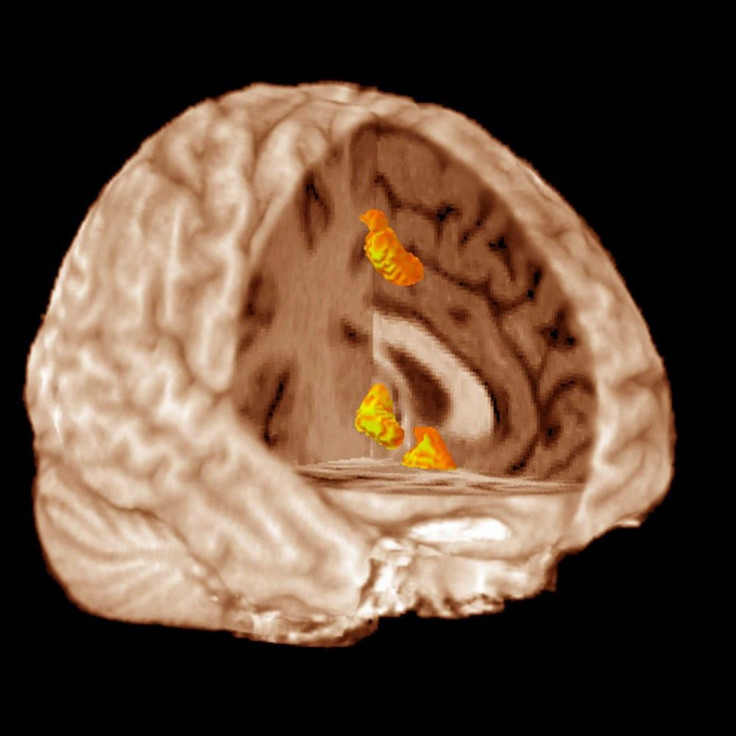Brain Cells To Blame For Failed Diets, Obesity and Weight Gain: Study

Did you feel guilty the last time your diet did not work? Did you blame yourself for giving into food temptations? Now, you may let go off these guilt feelings as new research suggests that specialized neurons in the brain are responsible for those uncontrollable 'hunger pangs".
Researchers at the Albert Einstein College of Medicine in New York have studied a biochemical mechanism that challenges human willpower. The breakthrough becomes important, because curbing appetite is now recognised as a remedy to overcome the challenges in a world that is increasingly overweight; especially in the U.S. where two-thirds of the population suffer from weight related illnesses or are obese.
The study published in the August issue of the journal Cell Metabolism, helps to understand the frustrations of not being able to stick to a diet regime. The study notes the fact that hunger-inducing neurons in the brain start eating bits of brain cells when the body is starved off food. The body responds to the starved condition by producing fatty acids, which trigger hunger signals in the brain by increasing brain impulses to eat more.
The new findings are expected to uncover new scientifically proven treatments for weight loss. Lead researcher, Dr Rajat Singh explained that the new findings in mice suggest that treatments aimed at blocking autophagy (process of brain cells eating themselves), might prove useful as a hunger-fighting weapon in the war against obesity.
The new finding is vital because it negates earlier findings that the brain is relatively resistant to starvation-induced autophagy. Dr Singh says, "On the other hand, chronically high levels of fatty acids in the bloodstream, as happens in those on a high-fat diet, might alter hypothalamic lipid metabolism, "setting up a vicious cycle of overfeeding and altered energy balance."
Treatments aimed at the pathway might "make you less hungry and burn more fat," a good way to maintain energy balance in a world where calories are cheap and plentiful. The findings might also yield new insight into metabolic changes that come with age given that autophagy declines as we get older. "We already have some preliminary evidence there might be changes with age," Singh said. "We are excited about that."
The researchers reported that the chemical change in their brains caused the mice to become lighter and slimmer after a period of fasting. In scientific parlance, higher levels of fatty acids circulating in the body signal special "starvation-sensitive" brain cells to release an appetite-inducing protein called agouti-related peptide (AgRP), which signals 'hunger'!
Researchers revealed that when autophagy is blocked in the AgRP neurons, the levels of AgRP fail to rise in response to starvation, .At the same time, levels of another hormone, called melanocyte stimulating hormone, remain elevated. This change in body chemistry led mice to become lighter and leaner as they ate less after fasting, and burned more energy.
Autophagy is known to have an important role in other parts of the body as a way of providing energy in times of starvation.
Next time you debate on whether to eat or not, blame your brain!
© Copyright IBTimes 2025. All rights reserved.





















